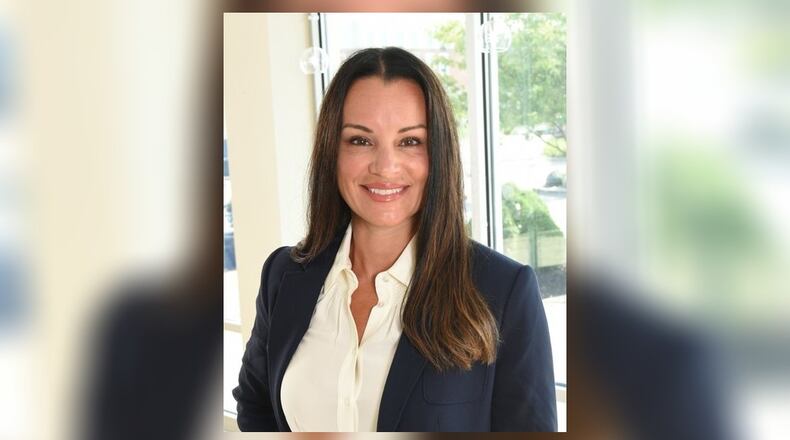Everyone should get into the habit of saving as soon as they graduate, she said, but that isn’t always realistic.
“I find that most people should really begin to focus on putting together some type of plan by 20 years before retirement, or (age) 45,” said Kellner, who also is part of a UBS team that regularly teaches a continuing education class at the University of Dayton on financial strategies for retirement.
Kellner and Michelle Vollmar, an estate planning attorney and partner at Rogers & Greenberg LLP, provided tips and advice on what to do in the years leading up to retirement.
20 years before
Planning for retirement now helps to ensure the lifestyle you want in 20 years, Kellner said.
“The most important thing is to eliminate those excuses and start to do some level of savings,” she said.
Half of your income should go toward needs, 30 percent toward wants and at least 20 percent should be saved, she said.
The sooner the better when it comes to both saving and estate planning, Vollmar said. Take steps to create an estate plan if you don’t yet have one, and reassess it at least every five years or after a beneficiary experiences a life change.
The best-suited beneficiary can alter over time, and an updated plan can help to ensure that there are no unnecessary or unintended consequences, she said
“If you don’t have a will or any type of estate plan, the law will dictate who gets it,” Vollmar said.
15 years before
Around age 50, consider putting together a written financial plan, Kellner said. This helps you focus on the realities of retirement, while there is still time to adjust your savings.
This also is a good time to review your standard of living and expenses, like groceries, and “to think about how much it costs every year to be you,” she said.
10 years before
Put your plan through a “stress test” annually starting about a decade before retirement, Kellner said. Think about what could thwart your plans, such as the need for an extended care facility or a disability that leads to retirement before the age of 65. How does the plan hold up?
“Derailing a retirement plan is so much more than a bad year in the stock market,” she said.
5 years before
Anxiety about transitioning from the accumulation to the distribution phase of investments is normal, Kellner said. Five years before retiring, determine what your portfolio should look like when you start pulling money from it. Build a portfolio that is focused more on cash flow rather than stock market growth, she said.
As retirement approaches, also make sure there are no surprises regarding tax planning. Many believe they will be in a lower tax bracket, Kellner said, but those with a goal to have the same standard of living after retirement will probably remain in the same bracket.
Take an additional look at your estate plan around retirement, Vollmar said. This is the age that many people reflect on their charitable plans and their ability to leave a legacy.
The importance of regularly considering your beneficiaries remains. Their situations may change, or you may decide to shift your beneficiaries from, say, your children to your grandchildren.
“Things do change over time,” Vollmar said.
About the Author


